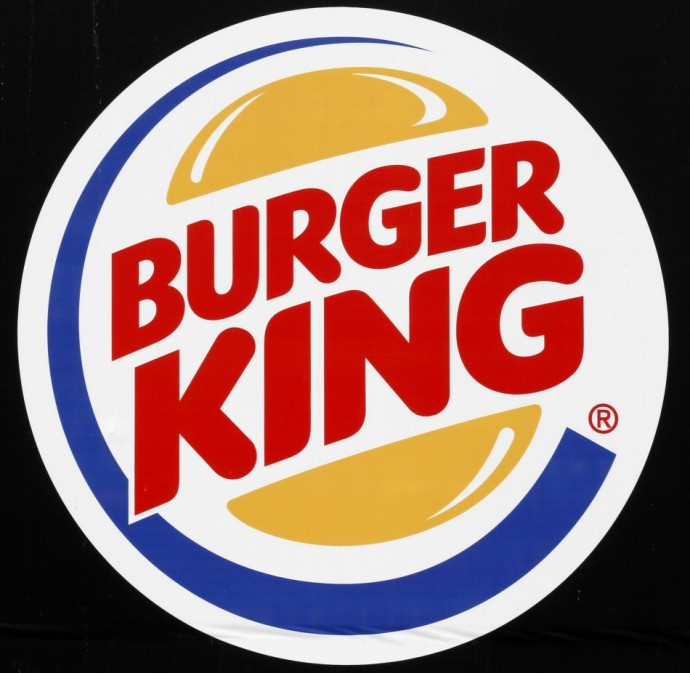Burger King's Tax Form Grilled Over Tim Hortons Canadian Flip

Burger King is facing criticism over its plan to acquire Tim Hortons, which would see the fast food giant's tax affairs moved to Canada where it would benefit from a much lower corporate tax rate.
Burger King, which until now had its headquarters based in Miami, has agreed to buy the Canadian coffee-and-doughnut chain Tim Hortons for $11bn, in a so-called tax inversion deal.
According to analysis by Reuters the hamburger seller has adopted aggressive tax reduction strategies in recent years.
Burger King's regulatory filings in the US and overseas showed that the company has been operating one of the most tax-efficient businesses in the US fast-food industry. The company has managed to move its US taxable profits, while taking advantage of low-tax jurisdictions overseas, according to the news agency.
Burger King's effective tax rate in the US was about 26% over the past three years, while its rivals McDonalds Corp, Starbucks Corp and Dunkin Brands Group paid taxes at a rate more than 31%. Yum Brands, which owns global food chains KFC and Pizza Hut, also had a 26% rate, but the company generated about 74% of its revenues outside the US in countries with tax rates averaging 25%.
Burger King generated almost 60% of its revenues in the US between 2011 and 2013, according to regulatory filings. However, the company reported just 20% of its profits in the country over the period.
In contrast, the percentage of earnings by McDonalds, Starbucks Corp, Dunkin Brands and Yum in the US was in line with their reported US revenues.
The company has managed to pay an effective tax rate of 15% on foreign income over the past three years by channelling income through Switzerland, Reuters said citing company filings and statements.
Burger King's rate is apparently 30% lower than the average tax rate it paid in the five years before it was bought in 2010 by private equity group 3G Capital, which is still the company's majority shareholder.
The announcement of the deal seemed to place legendary investor Warren Buffet in an awkward position. Buffet, who backed the deal to the tune of some $3bn, has publicly railed against unfair tax practices.
Accounting experts said the company's tax inversion deal would enable the food chain to apply tax structures used in markets such as Britain and Germany to its US business. Burger King operates a low taxation strategy in these major markets.
Europe offers US companies a well-trodden tax avoidance circuit, involving low income tax way stations such as Ireland and Holland, and employing the likes of royalty payment deductions and other profit erosion techniques.
Chas Roy-Chowdhury, Head of Taxation at the Association of Chartered Certified Accountants in London, told Reuters that it is normal for companies to reduce their tax bills as much as possible. The Canadian move would legally allow the company to reduce its US tax bill.
Amid criticism, Burger King had earlier noted that the $11.5bn (£6.9bn, €8.8bn) deal is not about tax savings, and that the deal would not change its tax rate materially. The company told Reuters that Canada would become its largest market after the deal, and therefore it is shifting tax regime to the country.
© Copyright IBTimes 2025. All rights reserved.






















